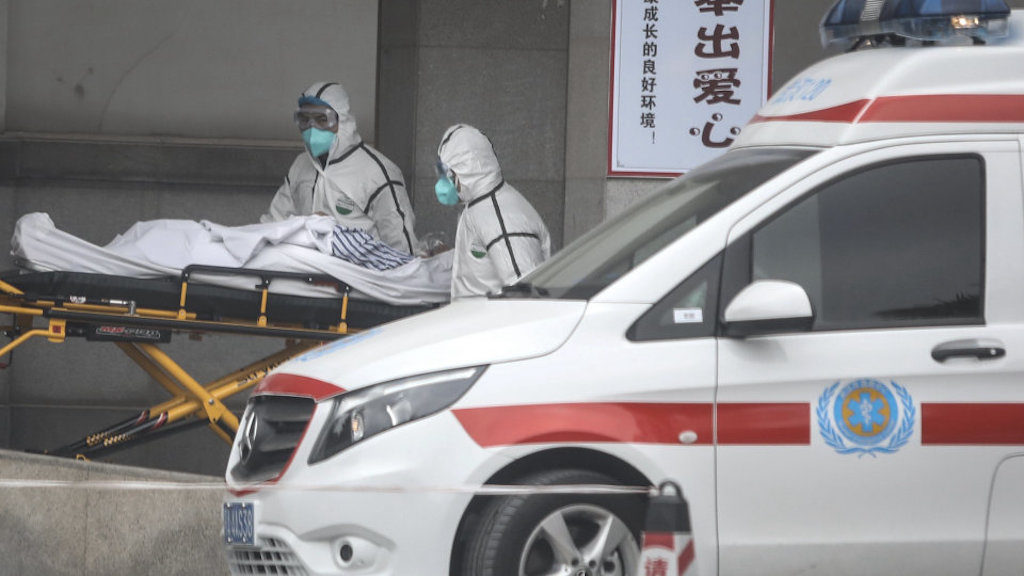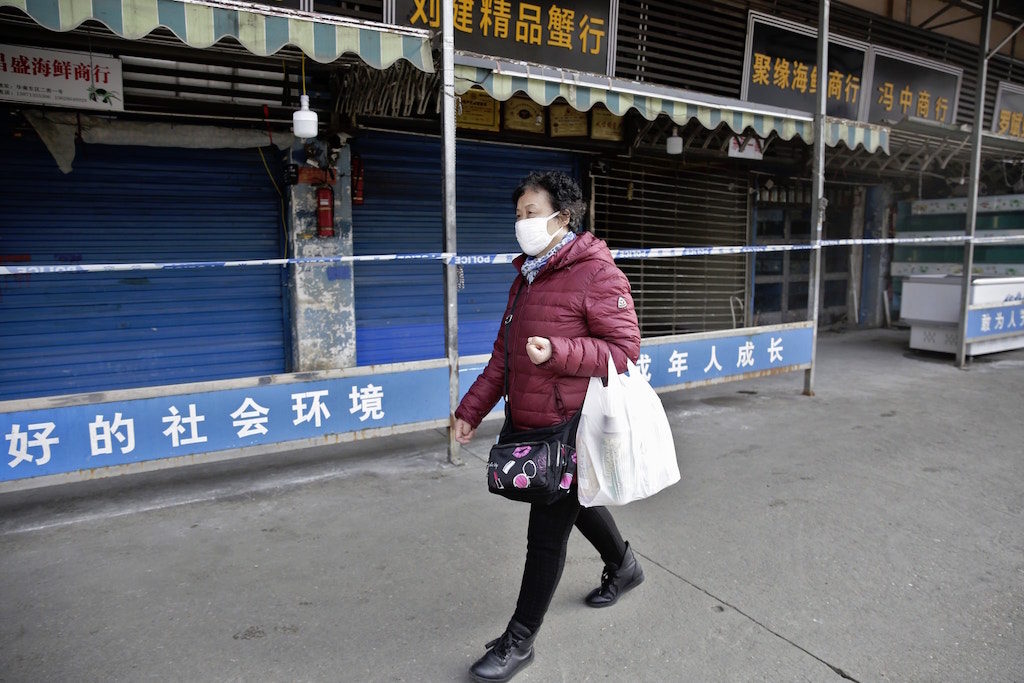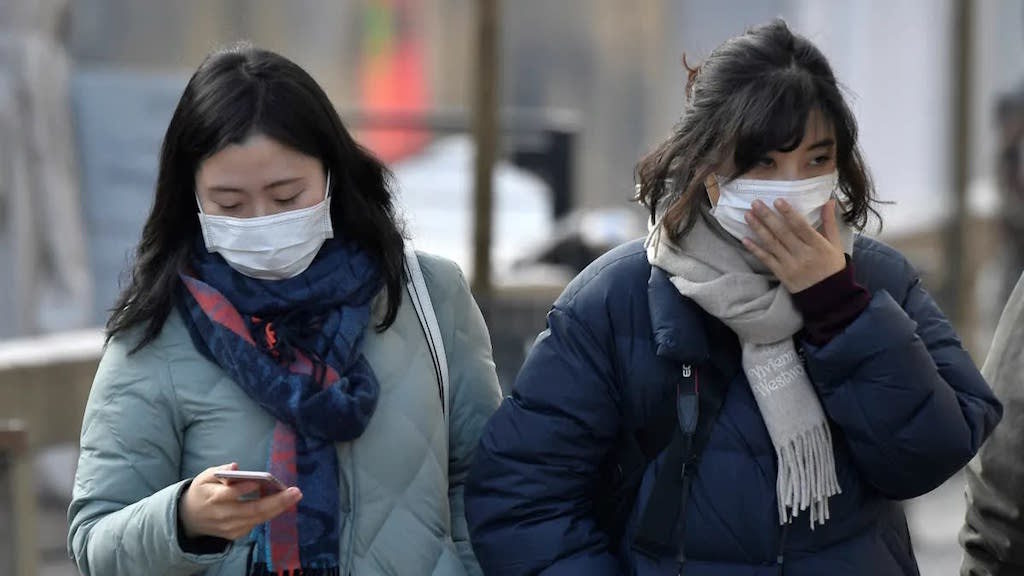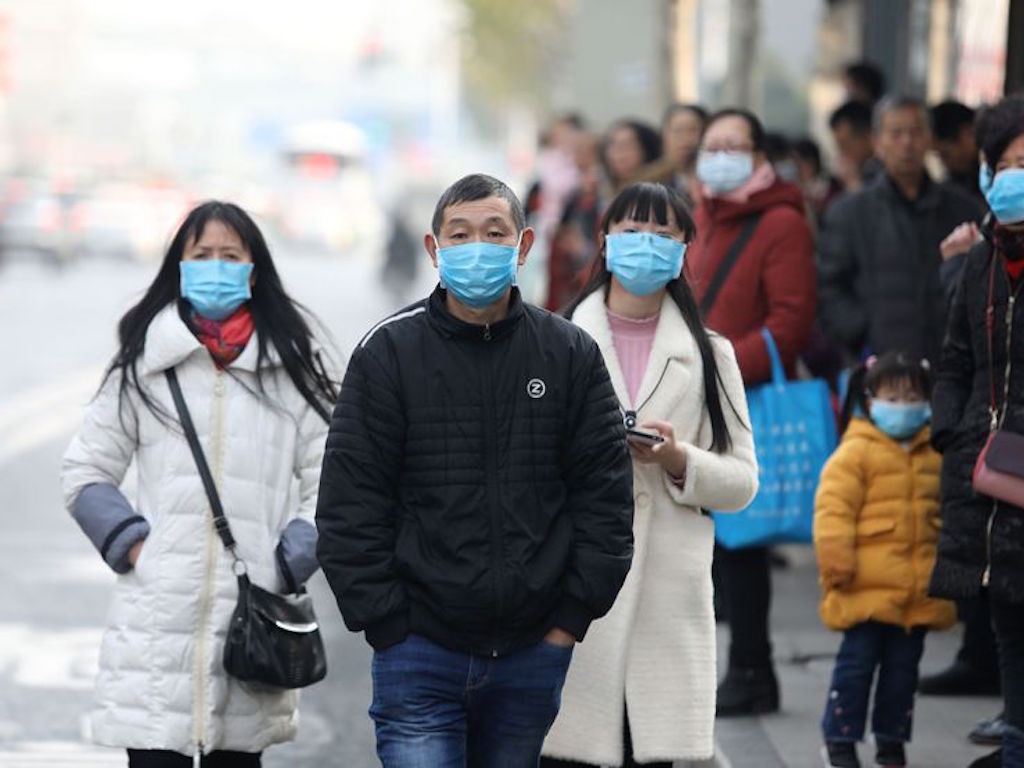5 Mins Read
You might be concerned about the current outbreak of a new coronavirus originating from Wuhan, China. Despite there being little confirmed information about the virus, medical and public health experts have reiterated that we must remain vigilant and take crucial steps to protect ourselves from potential infection, especially given that the Lunar New Year holidays are starting this Friday, and millions of Chinese people will be traveling to and from Hong Kong (and across the Asian region) to celebrate the upcoming Year of the Rat.
With increasing awareness about the environmental impact of single-use items, we know that you might have questions about what is the most sustainable option to adopt as a measure of protection with regards to the Wuhan coronavirus (in fact many of you have already written to Green Queen to ask). Although we do not advocate using single-use or disposable products in everyday life normally, given what we currently know about the spread of the virus, it is important that we do take actions recommended by professionals and medical experts, and that includes using disposable face masks.
Below we answer the most pressing questions you might have.
What is the new virus originating from Wuhan?
Since the outbreak began in Wuhan, China last December, the new Chinese coronavirus has infected hundreds of people with confirmed cases across the world in Guangdong, Hubei, Tianjin, Beijing, Shanghai, Zhejiang, South Korea, Japan, Taiwan, Thailand, and the latest in the United States. So far, the virus has left at least 6 people dead and there are as of press time over 300 cases have been reported.
What we currently know so far is that the disease is a type of coronavirus, a large group of viruses that are common among animals. Coronaviruses can make people feel sick, with mild to moderate upper respiratory tract illness, and other symptoms include a runny, nose, cough, sore throat and a fever. Most recently, scientists in China have confirmed that the new coronavirus can be passed between humans.

There have been several coronaviruses that are known to be deadly to humans, such as Severe Acute Respiratory Syndrome (SARS), which was first identified in Guangdong, China. Between November 2002 and July 2003, the outbreak of SARS caused over 8,000 confirmed cases and resulted in 774 deaths across 37 countries, with the majority of the cases in China and Hong Kong.
Commenting on the new coronavirus from Wuhan, virologist at the University of Hong Kong (HKU) Leo Poon said: “What we know is it causes pneumonia and then doesn’t respond to antibiotic treatment.”
How is it transmitted?

Viruses can spread from human contact with animals. With the outbreak of SARS, scientists have suspected that human contact with civet cats were to blame, and then spread between humans when someone comes into contact with the infected person’s secretions. It is believed that with the new Wuhan coronavirus, the confirmed cases have been connected to a seafood market in Wuhan City that peddles with wild animals including racoon dogs and deer.
Depending on how contagious the virus is, a cough, sneeze or handshake could cause exposure. In the case of the new coronavirus from Wuhan, experts say that it is likely transmission occurs via droplets, although the exact epidemiology is still unclear.
Is there a vaccine for it?
There is no vaccine available to protect against the family of coronaviruses, although trials for a vaccine for the MERS type of coronavirus is underway.
How can I protect myself against it?
You may be able to reduce your risk of infection by avoiding being near people who are sick, refraining from touching eyes, nose and mouth, and practicing good hygiene such as washing hands regularly with soap and water for at least 20 seconds. Because indoor infection occurs from poor circulation, it is also important to keep homes and offices well ventilated by opening windows.

Further, experts recommend avoiding crowded spaces, where the risk of infection is increased due to the fact that there are more chances for transmission to occur between humans via contact and droplets. This includes all types of markets (wet/food/other).
If you feel sick, it is important to stay at home and avoid contact with others. If your feelings of sickness persist, it is vital to visit a health professional and a doctor at a hospital and notify them of your symptoms.
Do masks help?
Medical experts absolutely recommend wearing a surgical mask, especially if you are going to be in a crowded space, using public transport or visiting any type of market. We spoke to two Hong Kong public hospital doctors and both insisted on the importance of wearing a surgical mask when around large groups of people and/or busy areas.
It is most likely that a disposable surgical mask is the best option (rather than an activated charcoal mask/a paper mask/ a cotton mask/a pitta mask), because it is composed of 3 layers designed to filter droplets, which is believed to be how the new coronavirus is being transmitted between humans. These can be found in most pharmacies (including Mannings & Watsons) and convenience stores.

Most staff in hospitals are currently using N95 masks, which are a type of surgical mask designed to block 95% of airborne illnesses, and must be thrown away after use. N95 masks are more difficult to purchase for non-medical buyers, but you may be able to find them online and in select stores though our sources tell us they are basically sold-out across Hong Kong.
Can I use reusable masks?
Although we do not advocate the use of single-use disposable items, it is vital that precautions are taken when necessary, such as during cases of public health crises and disease epidemics. Disposable surgical masks and the N95 masks are your best options and must be thrown away after wearing, because simply leaving it in the open or waving it around can cause germs to fly around and subsequently infect other people.
Reusable masks are not effective because washing them can aerolise the germs (meaning that tiny liquid droplets that contain infectious virus and/or bacteria are produced) and it is likely that the pore sizes in most reusable mask designs are too large to filter droplets.
Lead image courtesy of STR / EPA / Shutterstock.




